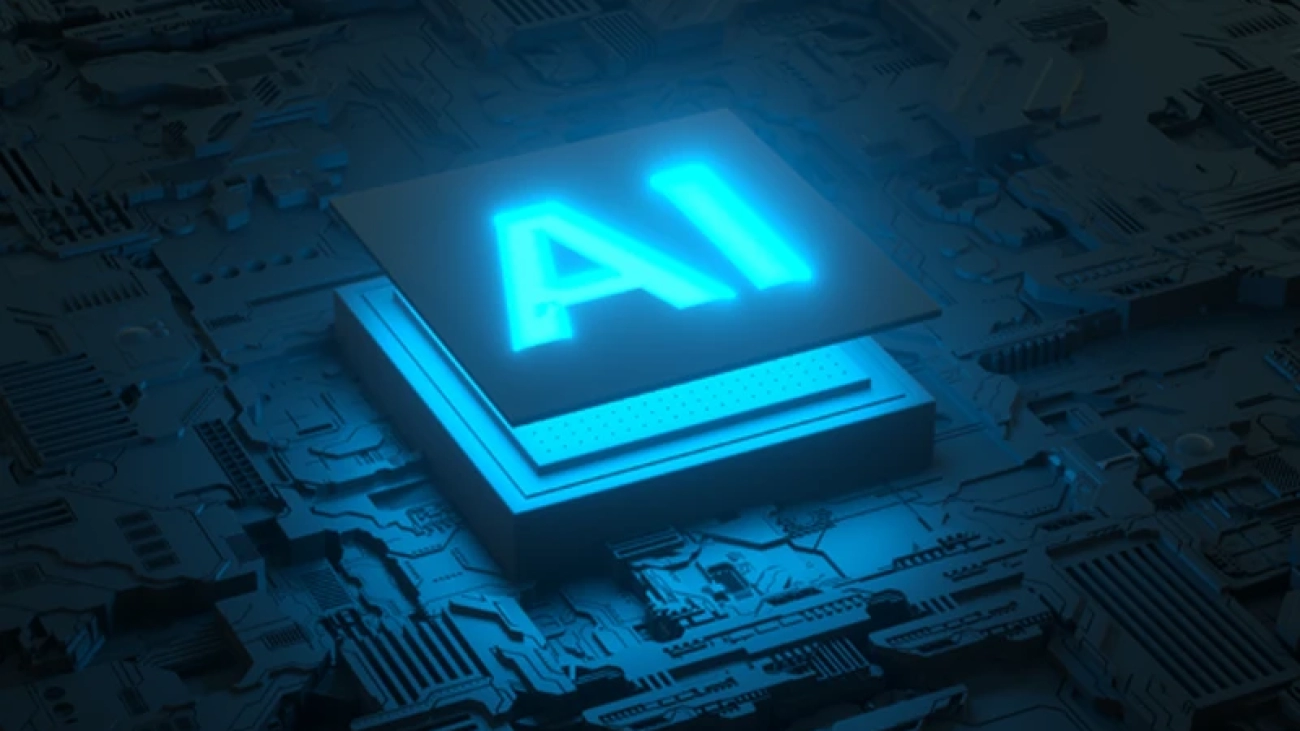As businesses continue to navigate the digital era, Artificial Intelligence (AI) remains a cornerstone of innovation and transformation. The realm of AI is rapidly evolving, bringing new trends that redefine how businesses operate, compete, and thrive. This article explores the upcoming AI trends in business and what they mean for the future of the industry.
1. Increased AI Democratization
The democratization of AI refers to making AI tools and technologies more accessible to people across different business sectors. This trend is driven by the development of user-friendly AI platforms, which allow businesses of all sizes, including small and medium-sized enterprises (SMEs), to leverage AI capabilities without needing extensive resources or expertise. This wider access will spur innovation at all levels and is a game-changer for businesses looking to incorporate AI into their operations.
2. Advancements in Natural Language Processing (NLP)
Natural Language Processing (NLP) is set to become more sophisticated. NLP technologies like chatbots and virtual assistants are expected to become more nuanced in understanding and replicating human language, making them more efficient and effective in customer service and other business operations. This advancement will lead to improved customer experiences and operational efficiencies.
3. AI-Powered Predictive Analytics
Predictive analytics using AI will see significant growth. Businesses will increasingly rely on AI to predict trends, customer behaviors, and market dynamics. This ability to anticipate future scenarios based on data will enable businesses to make more strategic decisions, reduce risks, and identify new opportunities.
4. AI in Cybersecurity
As cyber threats become more sophisticated, AI will play a crucial role in enhancing cybersecurity. AI algorithms can monitor network activities for anomalies, predict potential threats, and respond to security incidents more efficiently than traditional methods. This proactive approach to cybersecurity will be vital for protecting sensitive business and customer data.
5. Ethical AI and Regulation
The rise of ethical AI and increased regulation is another significant trend. As AI becomes more integrated into business and society, concerns around data privacy, bias, and transparency are growing. Businesses will need to focus on developing and using AI ethically, adhering to increasingly stringent regulations.
6. AI in Employee and Talent Management
AI’s role in human resource management will expand. AI will be used more extensively in recruiting, from screening candidates to predicting employee success. Furthermore, AI can assist in identifying training needs and career development opportunities for employees, leading to more efficient talent management.
7. Enhanced Personalization in Marketing
AI-driven personalization in marketing will become more advanced. By analyzing customer data, AI can help businesses tailor their marketing strategies to individual preferences and behaviors. This level of personalization can lead to higher engagement, customer satisfaction, and loyalty.
8. AI-Enabled Autonomous Operations
The trend towards autonomous operations powered by AI is set to increase. This includes the use of AI in automating manufacturing processes, logistics, and supply chain management. Autonomous operations can significantly improve efficiency, reduce costs, and enhance product quality.
9. AI in Decision-Making
AI’s role in business decision-making will become more pronounced. Executives will increasingly rely on AI-driven insights to guide strategic decisions, ensuring they are data-driven and informed. This will be particularly important in complex business environments where rapid and accurate decision-making is critical.
10. Growth of AI-as-a-Service (AIaaS)
AI-as-a-Service (AIaaS) will become more popular, allowing businesses to leverage AI technologies without investing in expensive infrastructure. AIaaS providers offer AI tools and capabilities through the cloud, making it easier for businesses to access and implement AI solutions.
11. Integration of AI with IoT
The integration of AI with the Internet of Things (IoT) is a trend that will continue to grow. AI can analyze data collected by IoT devices to provide actionable insights, optimize processes, and enhance product and service offerings.
12. Focus on Sustainable AI Solutions
Sustainable AI solutions will gain traction as businesses become more environmentally conscious. AI can be used to optimize energy usage, reduce waste, and contribute to sustainable business practices.
Conclusion
The future of AI in business is bright and full of potential. These upcoming trends not only highlight the diverse and transformative impact of AI but also underscore the importance of staying adaptable and informed. For businesses, the ability to leverage these AI trends effectively will be key to success in a rapidly changing digital landscape. As AI continues to evolve, it will undoubtedly open new avenues for innovation, efficiency, and competitiveness. For business leaders and entrepreneurs, now is the time to embrace AI, explore its possibilities, and prepare for an AI-driven future.

Add a Comment